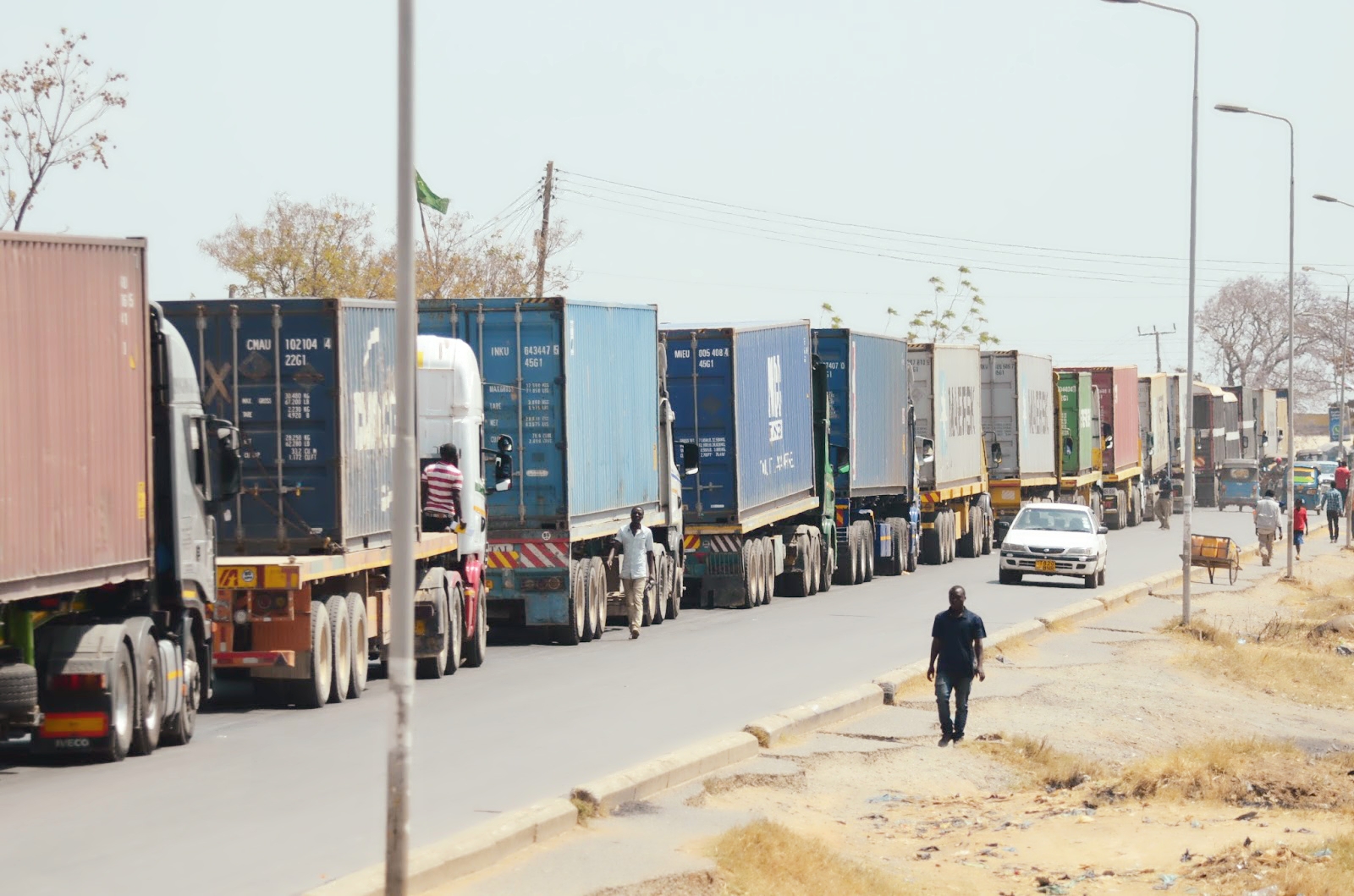Prime
Fuel firms speak out after Ewura warns 'hoarders'

What you need to know:
- Ewura on Monday warned that fuel marketing companies against hoarding petroleum products
- Tanzania Oil Marketers Association has refuted the accusations levelled against OMCs, saying it was a dollar shortage crisis that is to blame for the fuel shortage.
Dar es Salaam. The energy regulator on Monday warned Oil Marketing Companies (OMCs) against deliberately hoarding petroleum products with a view to causing an artificial shortage, saying they were risking having their licenses revoked.
However, Tanzania Oil Marketers Association (Taomac) yesterday refuted the accusations levelled against OMCs, saying it was a dollar shortage crisis that is to blame for the fuel shortage.
“We saw it (shortage of fuel) coming since January this year when the dollar crisis started to take its toll,” Taomac executive director Raphael Mgaya told The Citizen by telephone.
The Energy and Water Utilities Regulatory Authority (Ewura) director general James Andilile said in a statement on Monday that hoarding of fuel was creating an artificial impression of fuel stocks shortages in some parts of the country.
This, he added, sets a stage for unnecessary anxiety in the market and putting undue pressure on the petroleum supply chain.
“Ewura has received the information about the availability of some oil marketing companies hoarding fuel for personal business gain including waiting for the hikes in prices, this in unacceptable” warned Dr Andilile.
Going by the GlobalPetrolPrices.com data, currently Tanzania has the cheapest prices of fuel in the East African region, with a litre of petrol being sold at $1.119 and that of diesel at $1.04,
As a matter of fact, Ewura said that other OMCs were loading fuels from depots into tank trucks and leaving them unsold, a concern that Taomac said was untrue and that they remained unsold because they were there as financial hold caused by the dollar shortage crisis.
Ewura further said that other companies were reportedly to have been refusing to sell fuels to fuel stations’ owners with whom they don’t have a partnership or a sort of contract.
As a matter of fact, said Dr Andilile, consumers in the outskirts were facing difficulties in accessing fuel due to delays in distribution to the areas.
“We would like to inform the public that we continue to conduct a thorough inspection in oil depots and fuel stations,” he said.
He went on to add: “Those who will be found in breach of the law, regulations and license conditions, will be subjected to stern measures.”
He said Tanzania had enough stock in depots to cater for demand and that more vessels carrying fuel kept on bringing in the product through the Petroleum Bulk Procurement Agency (PBPA).
Until Friday last week, according to Ewura, Tanzania had a stock of 169.9 million litres of petrol and 209.6 million litres of diesel.
Again, it had 34.6 million litres of jet fuel.
Speaking later, Taomac’s Mgaya said the claims that they were engaging in behaviour which amounts to hoarding petroleum products were fallacy.
“The truth is that in May OMCs cut imports tremendously due to decline in purchasing power fuelled by shortage of dollars,” said Mr Mgaya.
One of the OMCs, he revealed, cut his imports to 3,000 metric tons in May compared to the previous’ 27,000 metric tons
“This shows how serious the problem is, and if nothing is being done, the situation will be the same next month,” cautioned Mr Mgaya.
The pinch of reducing imports is being felt now because the fuels that are in the market today were imported in May.
Mr Mgaya said Taomac had in the past recommended the government to set a stage for OMCs to import fuels using the country’s currency, a move that could address the challenge of the dollar shortage.
“The government should allow us to use the Tanzanian shillings to import fuel. Then the BoT (Bank of Tanzania) should arrange a letter of credit with commercial banks to facilitate our payments to sellers,” he recommended.
Further, Taomac proposed a government to government arrangement that will pave a way for OMCs to make payments in installments amid the dollar shortage crisis.
Going by the Central Bank figures, foreign exchange reserves decreased to $4.9 billion by May this year from $5.5 billion in May 2022.
Efforts to get the Energy ministry and Ewura to respond to Taomac’s concerns yesterday proved futile.
The PBPA acting executive director, Mr Erasto Mulokozi, clashed with Mr Mgaya's sentiments that there was a shortage of fuels in the country.
“We have enough stock in depots,” he said.
Asked on the imports for the month of March and May to see if there was a downward trend, Mr Mulokozi was not in a position to share the data because he was out of the office.
Tanzania Petrol Stations Operators Association (Tapsoa) secretary general Tino Mmasi said if there were OMCs hoarding the fuels, they should stop immediately, or else, it would cause a serious shortage in some places, especially in rural areas.
“Hoarding will end up causing unnecessary anxiety in the market as small-scale traders will not be in a position to get this energy for distribution to rural areas,” Mr Mmasi told The Citizen’s sister newspaper, Mwananchi.
He was of the view that the government and the private sector should work closely to ensure that fuels were distributed to the areas with shortages.
Many countries in Africa including Tanzania and other nations in the world are facing the US dollar shortage problem, currency required for the importation of oil.
However, last month BoT allayed fears amid forex drop, acknowledging that foreign exchange reserves have decreased, but the situation is not critical.




